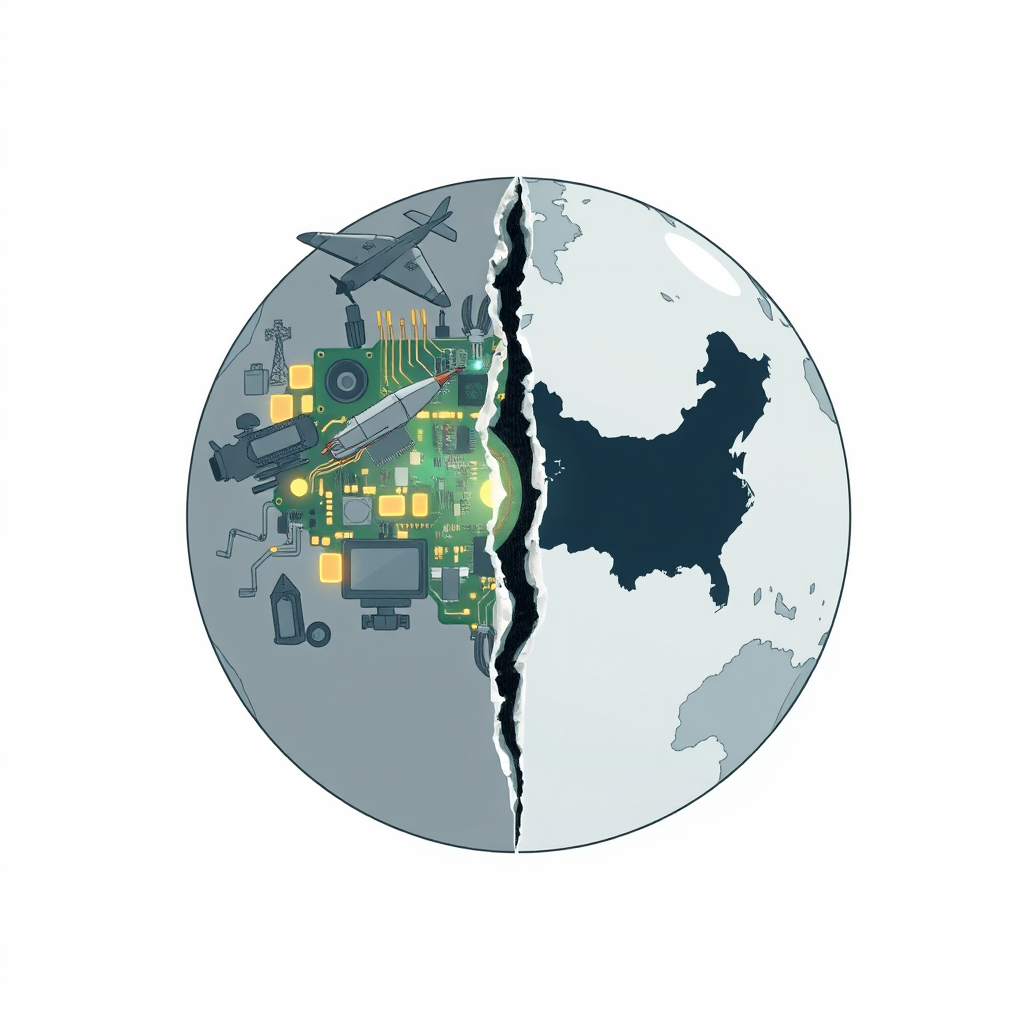China’s Export Controls Threaten US Military Capabilities

The escalating trade tensions between the U.S. and China have largely centered on consumer goods – the potential for increased costs of everyday electronics and manufactured products. However, a recent move by Beijing presents a significant and potentially serious challenge to U.S. national security and the defense industry: the implementation of export controls on rare earth minerals.
These minerals, categorized as “critical” due to their specialized applications, are integral to the production of vital military assets, including fighter jets, naval warships, tanks, and precision-guided missile systems. According to Dak Hardwick, Vice President for International Affairs at the Aerospace Industries Association, nearly every component used in the aerospace and defense sectors relies on some form of critical mineral or rare earth element.
This dependence creates a vulnerability. China’s control over the supply of these materials allows it to potentially disrupt U.S. defense production and exert geopolitical leverage. While the U.S. has recognized the need to diversify its supply chains for critical minerals, significant progress has been slow. The current situation underscores the urgency of developing domestic mining capabilities, fostering international partnerships with reliable suppliers, and investing in research and development of alternative materials. Relying heavily on a single nation – particularly one with strategic competition with the U.S. – for essential defense components is a precarious position, and the recent export controls serve as a stark reminder of that risk. The issue isn’t simply about price increases; it’s about maintaining a secure and independent defense industrial base.